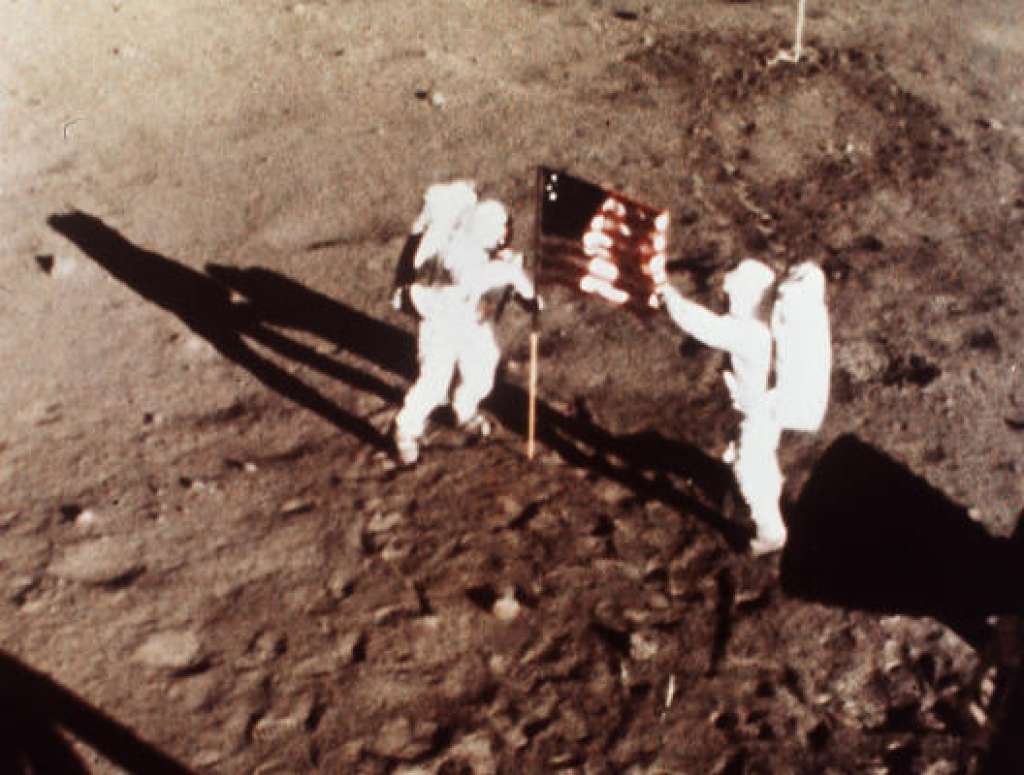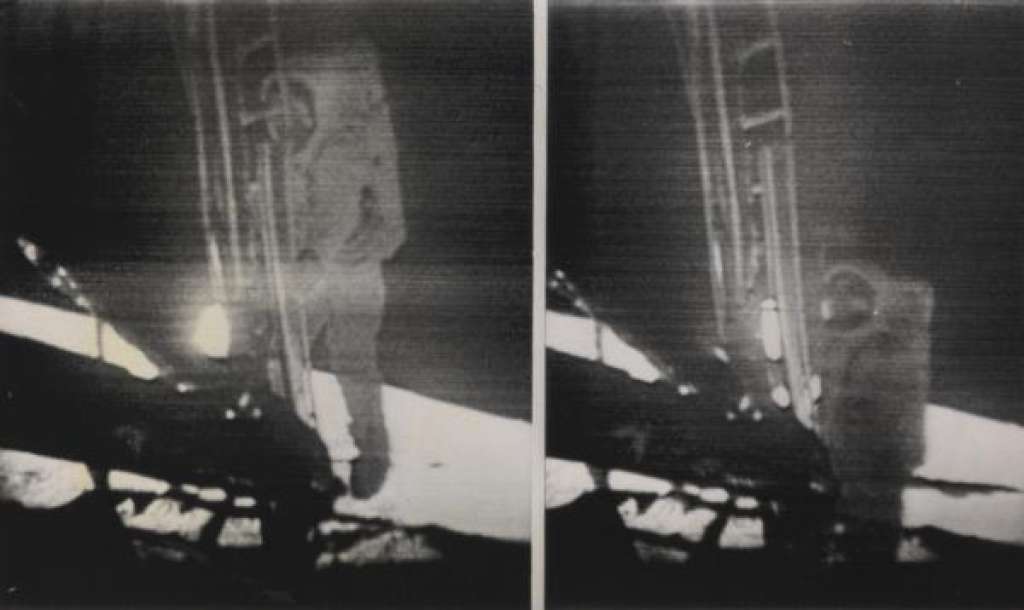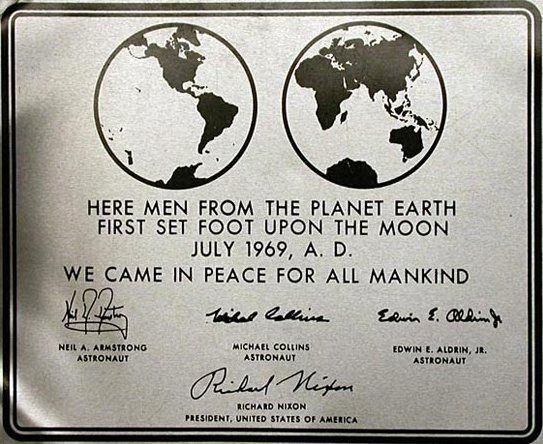“We Came In Peace For All Mankind”
July 20, 2019 Leave a comment

At 10:56:53 EDT, exactly 50 years ago, Neil Armstrong became the first human being to set foot on the surface of the moon. At that exact moment, a 13-year-old boy sat alone in the family room of his cousins’ house in SW Miami, Florida and his life was changed forever.
He grew up mostly in the landing pattern of JFK airport, watching airplanes of all types soar low overhead, at times once every 30 seconds. He had a fear of flying, but a love of flying machines. He studied each aircraft and learned how to identify them based on their design: the tell-tale antenna extending forward from the top of the rudder letting him know it was the Boeing 707 four-engine airframe and not the similar DC-8; The tri-engine B727 (like the ones on which his uncle was a flight engineer for National Airlines) vs. the twin-rear engine DC-9.
But, above all, both figuratively and literally, was America’s space program. First the Mercury 7 men with “the right stuff”, then the two-astronaut Gemini program. Every day he thought about space, and every night he dreamed about it, perhaps because of the wallpaper of his bedroom which was a collage of colorful drawings depicting NASA rockets, Gemini space capsules and spacewalking astronauts.
Then came Apollo, a program designed to put the “first man” on the moon, which started in tragedy as the three astronauts of Apollo 1, Gus Grissom, Roger Chaffee and Ed white, died in a flash fire in their capsule during a systems test, No one said it wasn’t going to be dangerous. The young teen said to his uncle a few days earlier as the mission was on its way to the moon, “Imagine how Mike Collins (Command Module pilot) must feel, going all the way to the moon but not landing on it.” He quietly replied, “Imagine how he’d feel if he was the only one to return.”

And then Neil Armstrong became “The First Man”. Astronaut Buzz Aldrin, the second. Armstrong uttered the first words by a human being on the moon streamed across the planet, “That’s one small step for man, one giant leap for mankind.’ Grammarians would argue that used in this sentence “man” and “mankind” mean the same thing, and what Armstrong probably meant to say, “That’s one small step for a man…” But, he was 240,000 miles away, and, you know, jet lag and all…

So, on that hot summer’s night he stared in awe, alone in his thoughts about what he had just witnessed. American ingenuity at its best. Technology making dreams reality. And was he hope for the days and nights to come.
Fifty years later that young teen, now now in his sixties(!) is still enamored with the exploration of space. The U.S. has stated its intention to return to the moon in 2024. The Apollo 11 astronauts left a plaque on the moon that read, “We came in peace for all mankind.”
Let’s hope we continue to do the same.



